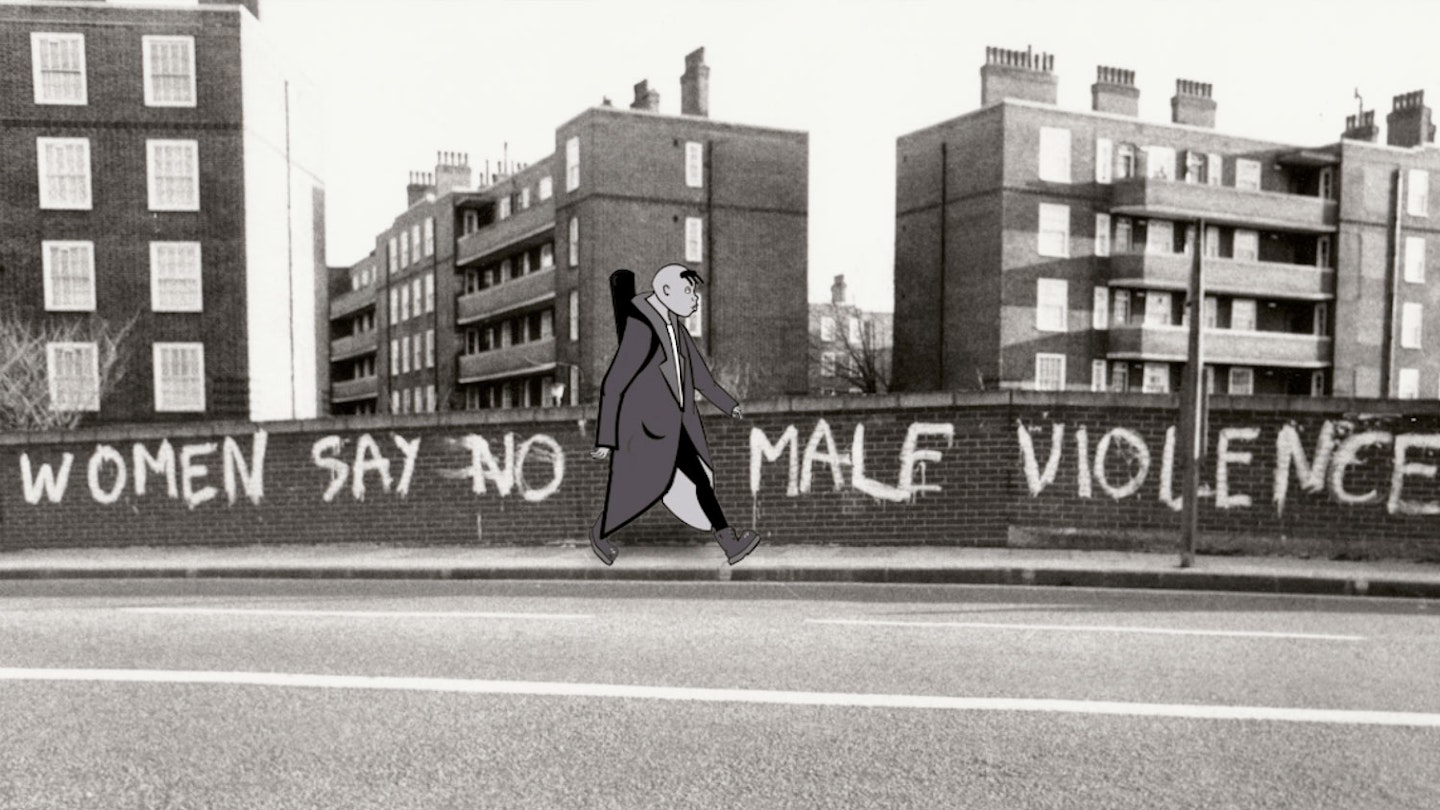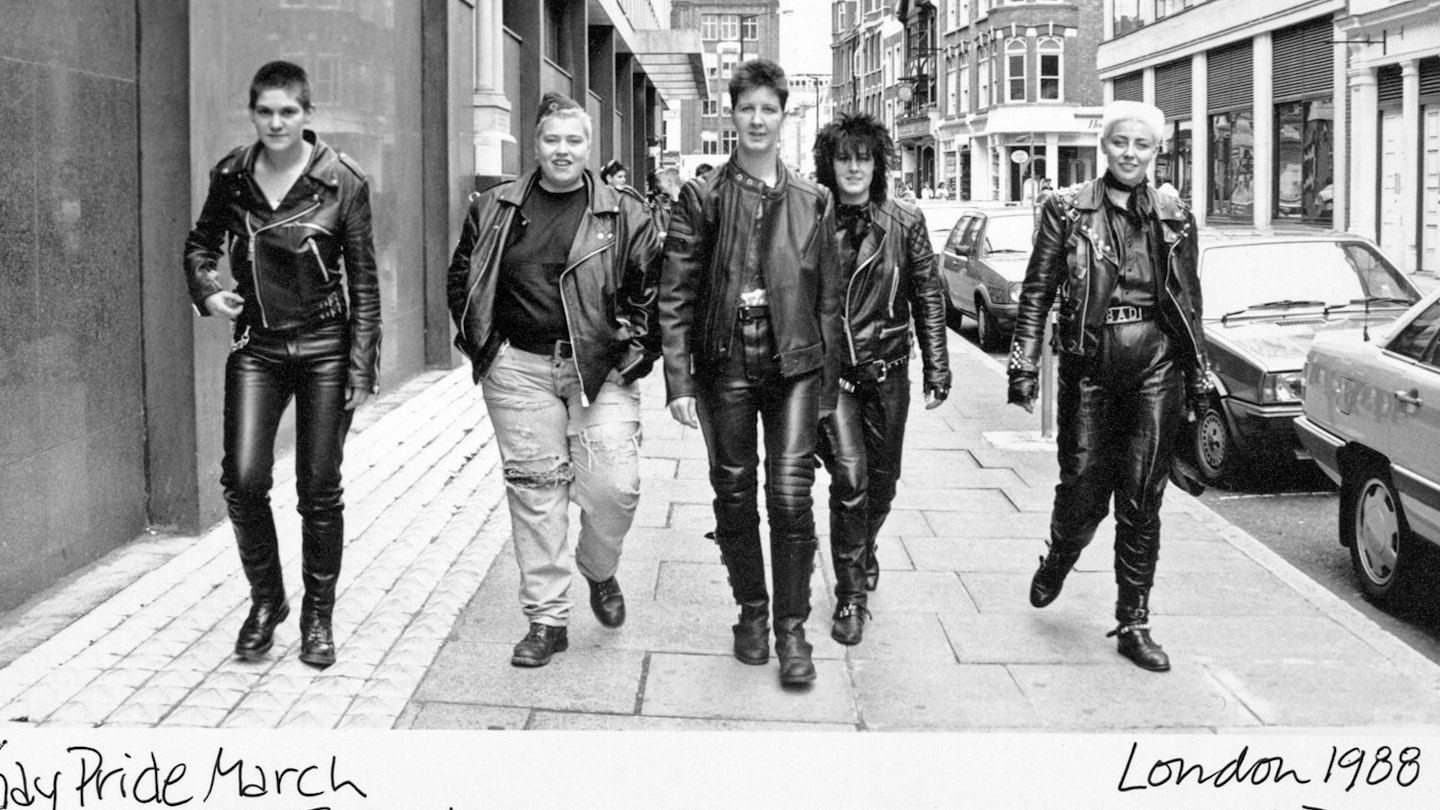Rebel Dykes tells the little-known story of a group of friends who met in the ’80s and bonded over art, punk and, most importantly, queer women’s rights. It charts their journey from their beginnings as a rebellious punk-art group to a band of powerful activists for the LGBTQ+ community, via high-profile protests at Westminster and the BBC. Created by a team of women and non-binary artists making their first foray into filmmaking, this accomplished documentary includes revealing testimonies from those at the heart of the movement — taking in ones suffering at the hands of Margaret Thatcher’s anti-LGBTQ+ policies and an ’80s society rampant with homophobia following the AIDS epidemic.

Six years in the making, the documentary outlines the group’s punk spirit at the Greenham Common Women’s Peace Camp and their resistance in Thatcher-era Britain to Section 28 – a law which outlawed the “promotion of homosexuality” in schools — as well as their demands for action around HIV. High-profile protests which saw them abseiling into the House Of Lords and chaining themselves to the BBC news desk serve to illustrate how the group came into the public consciousness and united the LGBTQ+ community more than ever before. As one powerful voice, they would change queer rights for a new generation, and the documentary explores this legacy poignantly.
The documentary is at its strongest when exploring the dangers the community faced from frequent, violent, homophobic attacks.
Archive footage in the film is plentiful, if a little grainy and raw at times. Yet rather than detract from the quality of the film, it only serves to emphasise the DIY punk spirit of the group further. Some of the liveliest archive footage comes from inside BDSM club nights — nights which the group founded in protest against the criminalisation of consensual S&M via Operation Spanner. Here, more voices from inside those institutions feel needed, for objectivity, balance and reflection.
There’s more powerful footage from women who describe being ostracised by their families after coming out, the Rebel Dykes group proving a refuge. The film’s music is well-chosen and soundtracks the movement effectively, while visceral snatches of animation lean into the group’s artistic beginnings creatively. The documentary is at its strongest, however, when exploring the dangers the community faced from frequent, violent, homophobic attacks. Women recall how “it was dangerous just to be who you were in those days”, how “you didn’t want to get spotted on the streets” and how “you would drop hands at certain moments”. While emotive, the accounts emphasise how radical the women’s achievements were in the face of such animosity.
